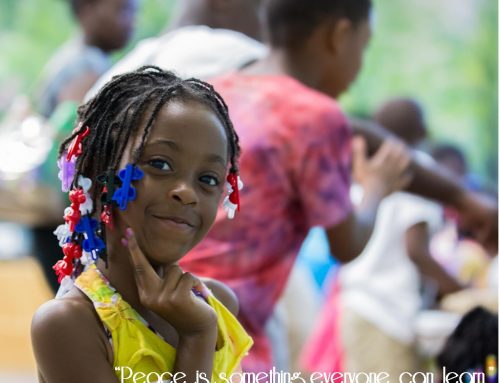FAMILY PROGRAMS
“If I am in harmony with my family, that is success. Ute People home affairs are not talked about in the public. Yoruba People a family tie is like a mighty tree, it can bend but it cannot break.” – Akan People
What molds us more than our family? Who comforts us more? What teaches and directs us more than family? And who, in the best of cases, loves, nourishes and protects us more than our family? Family is our identity that stamps itself upon our very core. It’s how we act, react, talk, cook, dress, worship, laugh, work, see life, and see ourselves.
When a baby is born. The elders check the child out and try to figure who he or she looks like in the family. A few years into the development of the child, we hear from the elders again. “She acts just like Loretta!” Hopefully, Loretta was an ethical person. Or, “He has ways just like your Uncle Robert. I bet he turns out to be a good fisherman too.”
We are them and they are us.
But what to do when our family really isn’t a version of the idealistic “Huxtables,” or “The Cleavers?” When the mother can’t stay home to cook and do laundry wearing high heels and a strand of pearls? Oh, and the lace embroidered apron? And when the father doesn’t come home every day at the same time – suit still immaculately pressed, briefcase slim but full of important documents; and shoes still shiny because they haven’t encountered any dust, dirt or gravel during his long demanding day?
What do families do when they watch TV and see other families enjoying fantastic vacations on Disney Cruises or traveling cross country in a brand new RV – singing songs and smiling so broadly you wonder how they will get their faces unstuck? When families who know that at the present they can never achieve this slice of the American pie; and the most they can hope for in a family vacation is a one-day visit to the State Fair (thank God for the coupons). What do these families do?
They do the same thing that all families do: watch TV; sit around the kitchen table or on the front stoop; have bbq cookouts – whether on a manicured lawn or on the front porch. They all have birthday parties; favorite family dishes at Thanksgiving; and anticipate the delight of upcoming holidays. Some families don’t have to think too hard about what to purchase, while some families look for opportunities to gather holiday gifts through charities.
All families have a glue that binds them together regardless of their ethnicity or socioeconomic backgrounds, and that is love.
Connect & Communicate (C&C), the flagship program in Peace Learning Center’s Family Programs, addresses the issues in families that threaten their unity and cohesiveness.
Today, right now – all families face challenges that can and do put terrific strains on establishing and maintaining harmony and peace. Circumstances that press into, and lean on, and sometimes snap that family tie. Food insecurity; arguments; disrespect of youth to parents or vice versa; sibling rivalry; inappropriate associates; poor school grades; joblessness; homelessness; and yes – violence. And one of the biggest reasons – miscommunication.
C&C works directly with families in their home in a non-threatening, non-judgmental and strictly confidential manner to gently peel back the layers of – sometimes unnoticed – reasons for the breakdown in communication. Everyone is held accountable.
Those who hang in there with the process – for at least six months, see a marked shift, for the better, in behaviors and attitude. Along with greater appreciation for the whole, family members also gain a greater appreciation for themselves and their important location on the family tree. The tree is strong, the roots are strong and the branches can become stronger.
Peace Learning Center’s Connect & Communicate program helps to make what is good even better.
For more information on how you or your organization can be a part of this initiative, contact Naeemah Jackson, Family Programs Director, njackson@peacelearningcenter.org or 317.327-7144.

